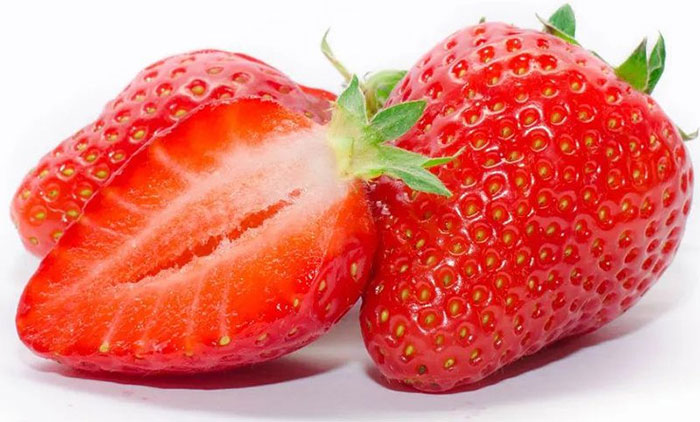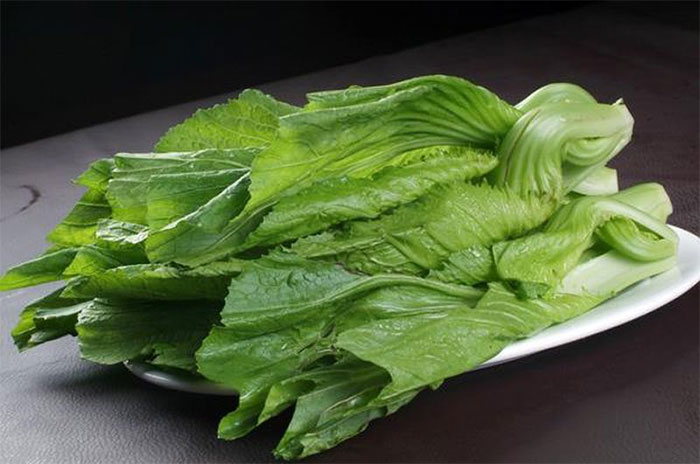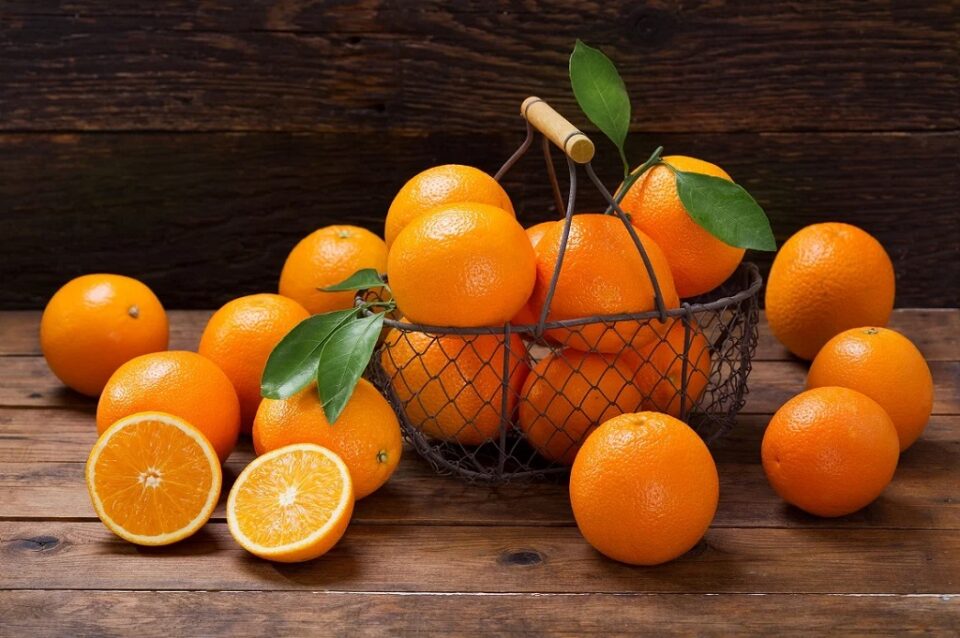Master Tran Quang Phong – Master in Nutrition and Food Safety, China Agricultural University has listed 18 types of vegetables and fruits that contain 6 times more vitamin C than oranges and lemons.
- While the vitamin C content of oranges is 33 mg / 100 g and the vitamin C content of lemons is 22 mg / 100 g, these 18 vegetables and fruits below contain even more and 5 or 6 times more. vitamin C. (The next value is the vitamin C content per 100 grams)
2. Grapefruit contains a lot of vitamin C, vitamin B6, potassium, magnesium and fiber. Eating grapefruit helps strengthen the immune system, grapefruit leaves cure flu, headaches, …
3. The label contains rich nutritional ingredients, including glucose and iron, which are of great benefit to human health. Besides making desserts, longan meat has many effects such as beauty, kidney health, sedatives, and sleep.
4. According to oriental medicine, papaya has the effect of heat, tonic, liver cooling, laxative, detoxification and consumption. Green papaya is used to mash with broth for the face or hands, treat freckles on the face, hands, and also treat calluses and eczema …

Strawberries do not contain sodium, fat or cholesterol …
5. Strawberries are rich in vitamins, fiber, and exceptionally high antioxidants called polyphenols. In addition, strawberries are sodium, fat, cholesterol and low in calories.
6. Red apples contain high levels of nutrients such as protein, fat, calcium, phosphorus, iron, magnesium and are rich in vitamins. According to oriental medicine, red apple helps nourish the blood, increase resistance, strengthen muscles, protect the liver, prevent allergies, antibacterial, anti-inflammatory.
7. Broccoli contains glucosinolates with anti-cancer effects, so it is also known as “anti-cancer king” when it can prevent 8 cancers such as breast cancer, bowel cancer, oral cancer, Cancer. bladder cancer, prostate cancer, …
8. Bitter melon can help with weight loss and beauty. However, people with poor digestion should eat little or no food as it can cause gas.
9. Cauliflower is rich in vitamin C, vitamin K, calcium, folic acid, potassium, and fiber. Cauliflower also contains phytonutrients which have immune, anti-aging, and anti-cancer properties.
10. As a food rich in vitamin C, green peppers are effective antioxidants. They help maintain the integrity of blood vessels, skin, internal organs and bones. Eating green peppers regularly helps prevent sepsis and support your immune system.

Kiwifruit is rich in fiber, potassium, folic acid, vitamins C and E.
11. Eating 2/3 of a kiwi fruit per day reduces the risk of blood clots by 19% and reduces fat content by up to 16%. Kiwifruit is rich in fiber, potassium, folic acid, vitamins C and E, excellent antioxidants, prevents constipation, diarrhea and other intestinal problems.
12. Kale is very high in potassium, 1.5 times that of a banana. Kale is one of the healthiest foods high in fiber, antioxidants, vitamin A, and vitamin C.
13. Chives are a nutritious food that can benefit from taste, heat, diuretics, and prevent skin disease. Chickens also have anti-scurvy, visceral, and inflammatory properties.
14. Cabbage is the young top of mustard, has yellow flowers, grows tall and has a slight bitter taste. This type of cabbage is rich in vitamins A, C, beta-carotene and antioxidant minerals.
15. Guava is low in calories and comparable to apples, it is high in insoluble fiber and helps promote bowel movements.

Eating mustard greens every day helps prevent bladder cancer, dispel heat.
16. Mustard greens are rich in glucosinolates, so they have the ability to prevent cancer, and the content of oxalic acid is not high. Eating mustard greens everyday helps prevent bladder cancer, remove heat, aid digestion, and treat constipation.
17. Peppers have attractive colors, are easy to process, and lose the least vitamin C when eaten raw. Plus, it is very high in fiber and larger than fresh peas.
18. According to oriental medicine, fresh jujube tastes sweet. The fresh jujube helps promote digestion, sedation; increased stomach acidity and increased vegetable sugar (insignificant). In particular, fresh jujube has a high content of vitamin C, 5 times more than oranges.
19. Mango: It is a popular, sweet and juicy fruit. It contains 122 mg of vitamin C per fruit. They are also a good source of the antioxidant zeaxanthan. This nutrient protects healthy eyes by filtering out harmful blue light rays, which contribute to macular degeneration.
20. Pineapple: This tropical fruit contains 79 mg of vitamin C. Unlike most other fruits, it also contains significant amounts of the enzyme bromelain, which can help support protein digestion. You can make a delicious pineapple smoothie with basil to supplement vitamin C for your body.


